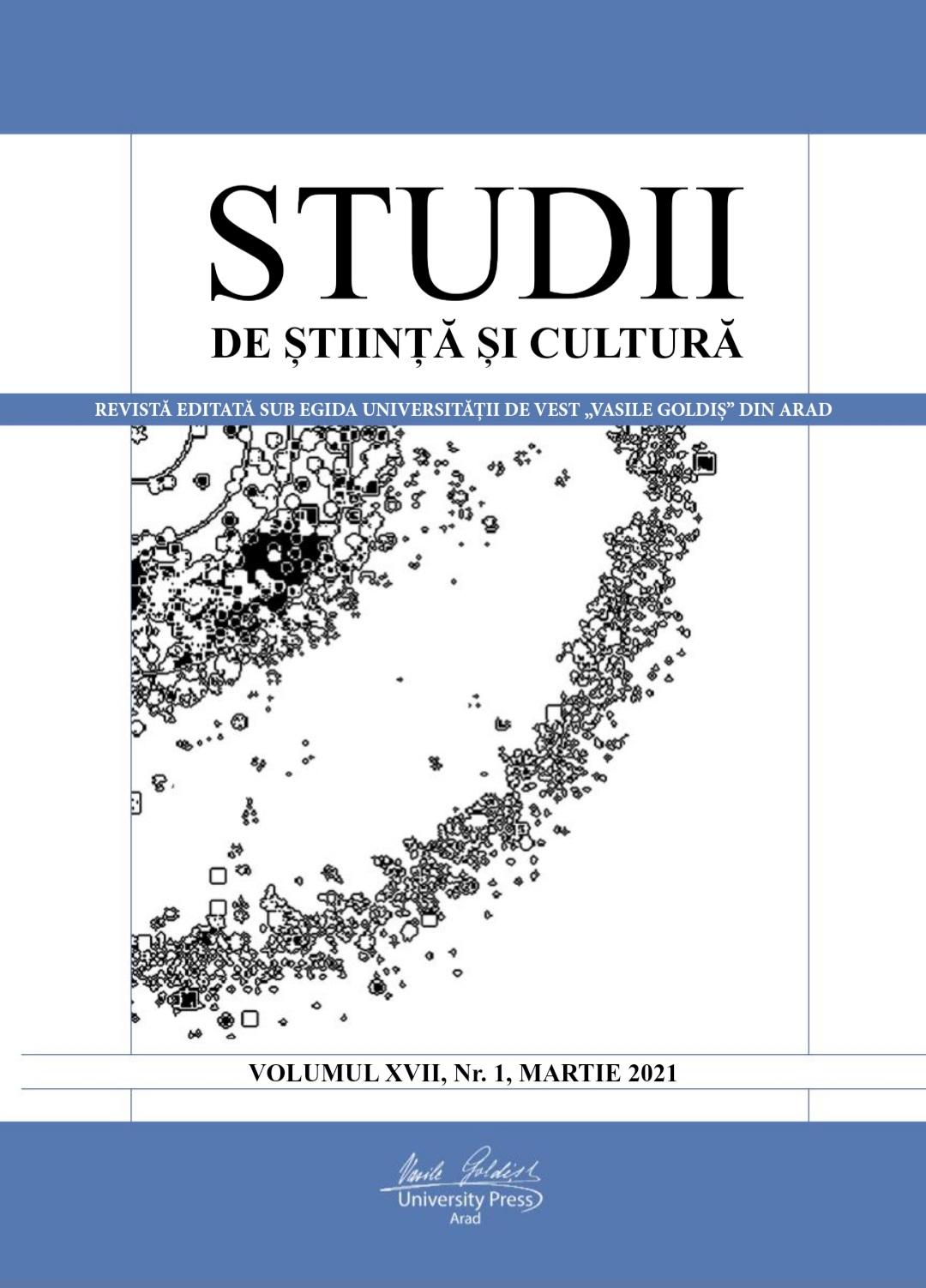ISTORIE CULTURALĂ ÎN PERIOADA INTERBELICĂ
CULTURAL HISTORY IN THE INTERWAR PERIOD
Author(s): Alina MARTIN-MITRICĂSubject(s): History, Cultural history
Published by: Editura Universităţii Vasile Goldiş
Keywords: culture; philosophy of culture; cultural universe; civilization; rationalization;
Summary/Abstract: Along with civilization, culture defines us as human beings, takes us out of the state of "animality". Both primitive and advanced culture start from the same mechanism, made up of three parts (material, human and spiritual). In other words, culture is an orderly system that includes three fundamental concepts (behavior, mechanism and tool), to which is added the concept of social heritage. As such, we can talk – without stopping – about function and functionalism in culture. Martin Heidegger was one of the few who truly understood the impact of technology on culture, and Leo Frobenius used the term morphology of culture for the first time. Instead, the idea of the inevitable decadence of cultures pervades Spengler's philosophical work. After the Great Union, a series of Romanian scientists considered the culture-economy relationship as an integral part of the culture-society relationship, being established, more and more, a direct link between rationalization and culture. Debates on this issue lasted until the outbreak of World War II.
Journal: Studii de Ştiinţă şi Cultură
- Issue Year: XVII/2021
- Issue No: 01
- Page Range: 95-102
- Page Count: 8
- Language: Romanian

